The Sopranos Season 1 Explained | The Duality of Tony Soprano
Intro
“You’re born to this sht,”* Tony mutters in one of The Sopranos’ quieter moments, his eyes heavy, voice soft, like he’s confessing to no one in particular. In that line lives the entire tragedy of Tony Soprano , a man powerful enough to command fear, yet powerless over his own emotions. A man torn between two worlds: the ruthless order of the mob and the fragile chaos of the mind.
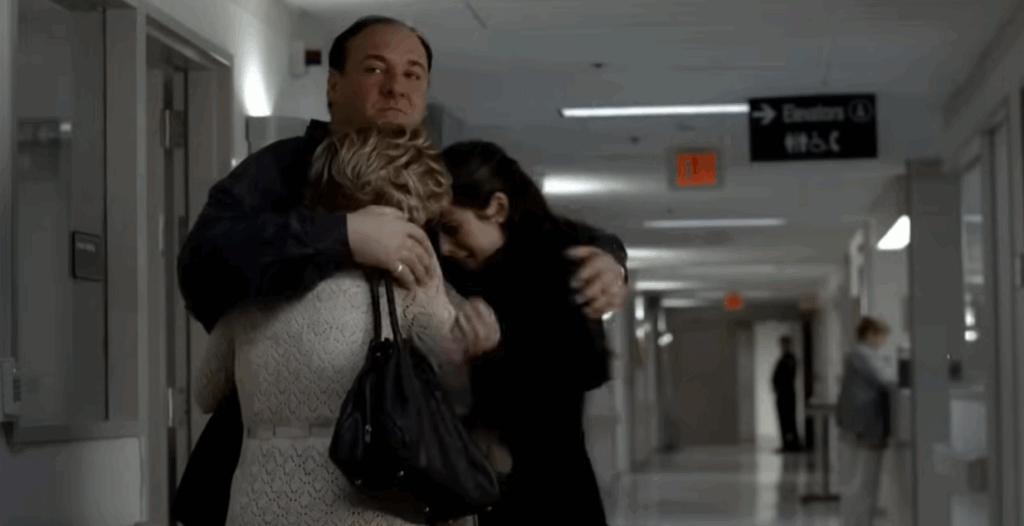
A King in a Bathrobe
When we first meet Tony, he’s not in a smoky back room plotting hits. He’s sitting in a psychiatrist’s office, sweating, confused, ashamed. The mob boss in therapy , it was a narrative revolution. But for Tony, it’s a personal collapse.
The image of a man who can order death but cannot control a panic attack is the defining contradiction of the series. HBO’s genius was in stripping the mythology of the gangster and replacing it with human fatigue. Tony’s house, his backyard pool, his robe and slippers , they’re the armor of a man pretending to be normal while carrying a kingdom on his shoulders.
📂Don’t just watch the show, analyze it. Grab Dr. Melfi’s confidential ‘Psychological Dossier’ on Tony (and the truth about the ending) here
Repression: The Silent Enemy
Tony’s therapy sessions with Dr. Melfi are more dangerous than any mob war. Each question digs into the one thing Tony fears most , himself.
He speaks of his mother with venom, his father with reverence, and his childhood with a mixture of nostalgia and bitterness. Every emotion he’s ever had is buried under a mountain of denial.
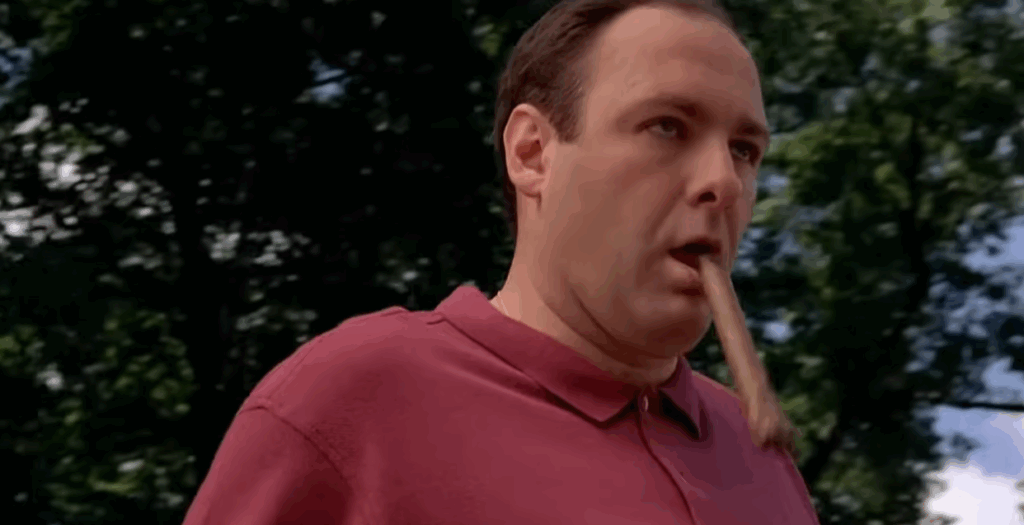
The panic attacks aren’t random. They’re the moments when his emotional repression breaks containment. The moment the ducks leave his pool, his body shuts down , because they represented family, love, and a fragile peace he can never truly keep.
Tony’s subconscious knows what his conscious mind refuses to accept: that power cannot buy inner peace, and control is an illusion.
Two Tonys: The Provider and the Predator
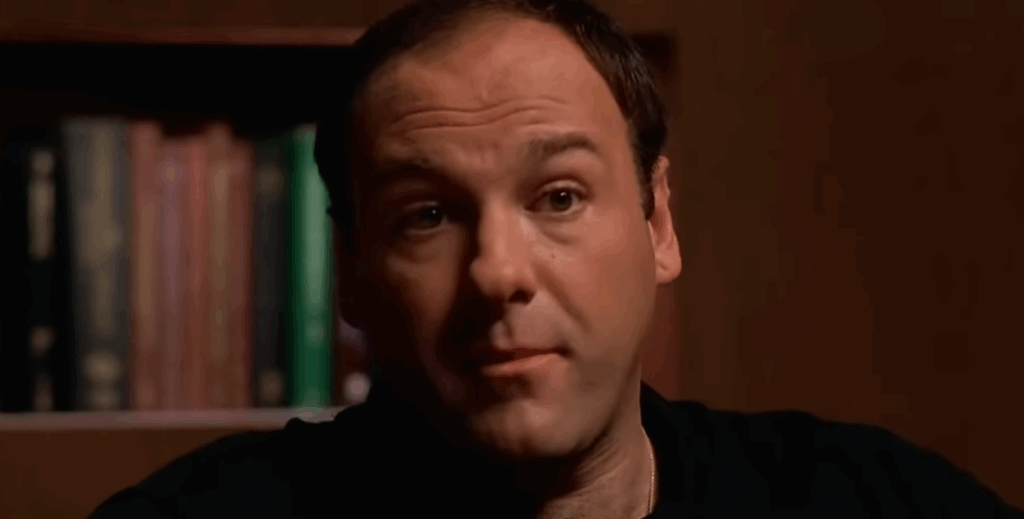
In his home, Tony is a husband and father who watches History Channel documentaries and eats cold cuts in his robe.
Outside, he’s a mob boss who collects debts, orders violence, and buries betrayal with silence.
The beauty of The Sopranos lies in the way those two Tonys bleed into each other. The same instinct that protects his family is the one that destroys it.
When Carmela prays for salvation, Tony justifies his sins with money , “I’m providing!” he insists, as if financial comfort could absolve moral rot.
His acts of kindness , helping Artie Bucco, comforting Meadow , are genuine. But they’re tainted by the blood on his hands. Tony’s life is a paradox where good intentions are always shadowed by coercion.
The Therapy Room as Confessional Booth
Dr. Melfi’s office becomes the modern confessional, the place where a Catholic guilt he never outgrew meets the cold logic of psychology.
Melfi doesn’t offer absolution; she offers confrontation. She forces Tony to face the cracks in his identity: the son, the boss, the patient.
In her silence, he’s exposed. And in those moments of raw honesty , when Tony admits fear, sadness, or vulnerability , we see the man behind the myth. The therapy sessions are less about curing his anxiety and more about documenting the slow decay of a soul that’s too self-aware to change, yet too entrenched in power to escape.
The American Dream, Dissected
Tony Soprano is the American Dream with a hangover.
He’s the suburban success story , house, cars, family, pool , but his empire is built on exploitation, fear, and denial. The Sopranos asks the question no one in 1999 television dared to ask: What happens when the dreamer realizes the dream is hollow?
The show’s brilliance is that Tony isn’t extraordinary; he’s painfully ordinary. His greed, his anger, his longing for validation , they mirror the quiet crises of modern men everywhere.
Tony is us, stripped of politeness and consequence.
The Inescapable Tragedy
Tony’s story was never about redemption , it was about recognition.
Recognition that even the most powerful among us are trapped in cycles of guilt and fear. Recognition that the real enemy isn’t the FBI, nor rival crews, but the self.
Each episode pushes Tony closer to self-awareness, but never to self-change. He knows he’s sick , mentally, morally, spiritually , yet he can’t let go of the life that defines him. That’s the essence of tragedy: knowing the truth, but refusing to act on it.
Conclusion: The Mirror We Didn’t Expect
The Sopranos didn’t just revolutionize television , it held up a mirror to the late-20th-century psyche. In Tony Soprano, we saw a man divided between instinct and intellect, violence and vulnerability, tradition and therapy.
He’s a crime lord, yes. But he’s also a depressed everyman, staggering through the same existential fog that haunts cubicles, freeways, and living rooms.
Tony Soprano’s duality isn’t just his curse , it’s ours.



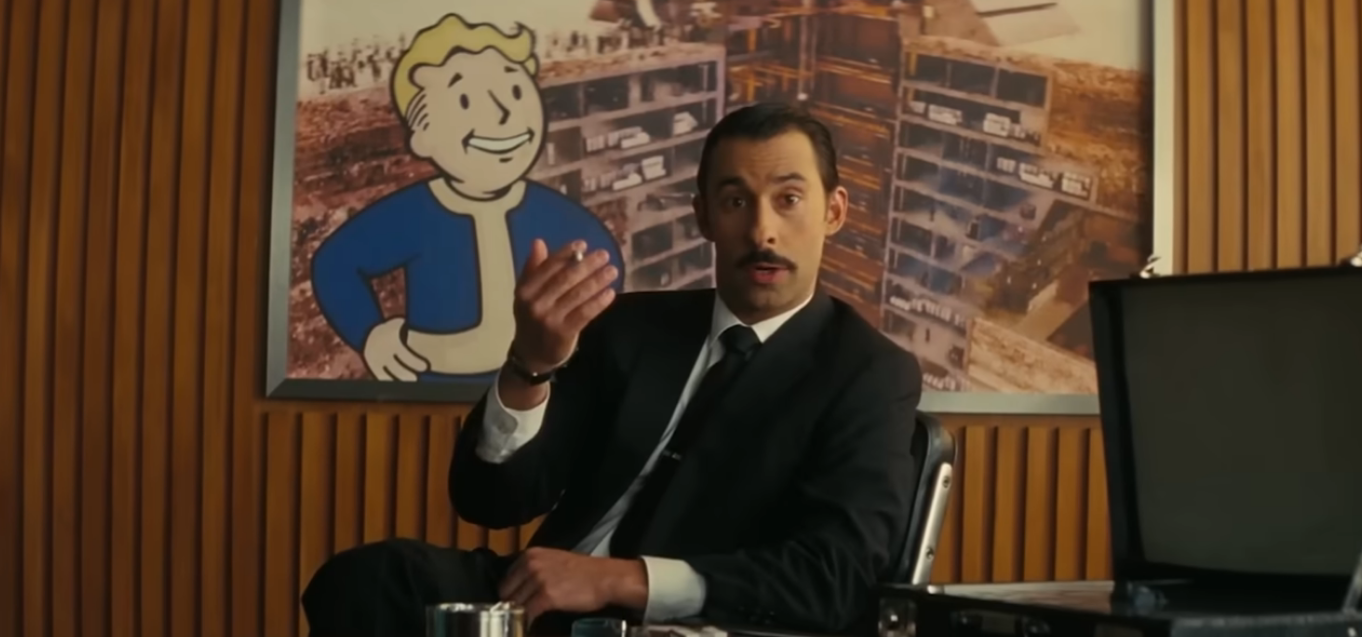
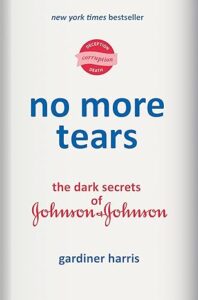


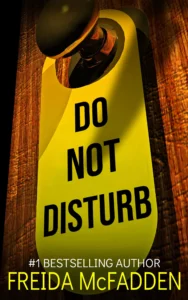


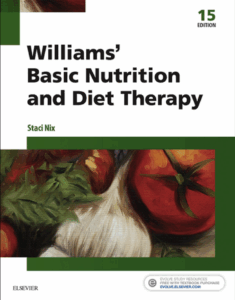

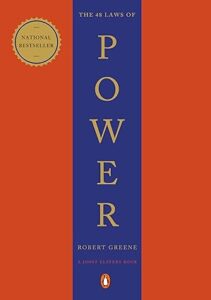
Post Comment